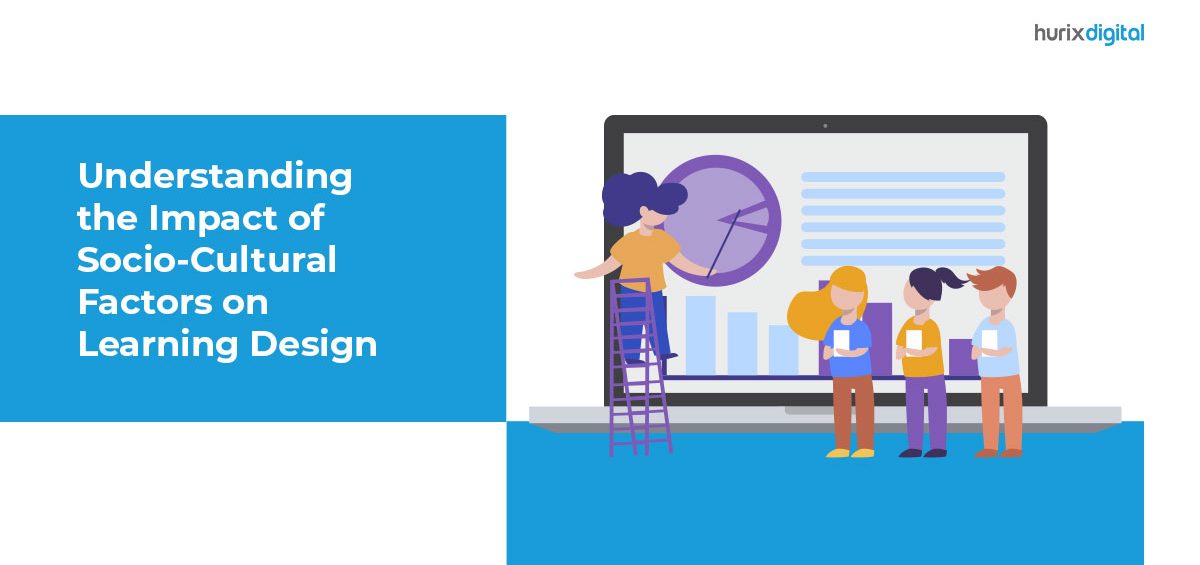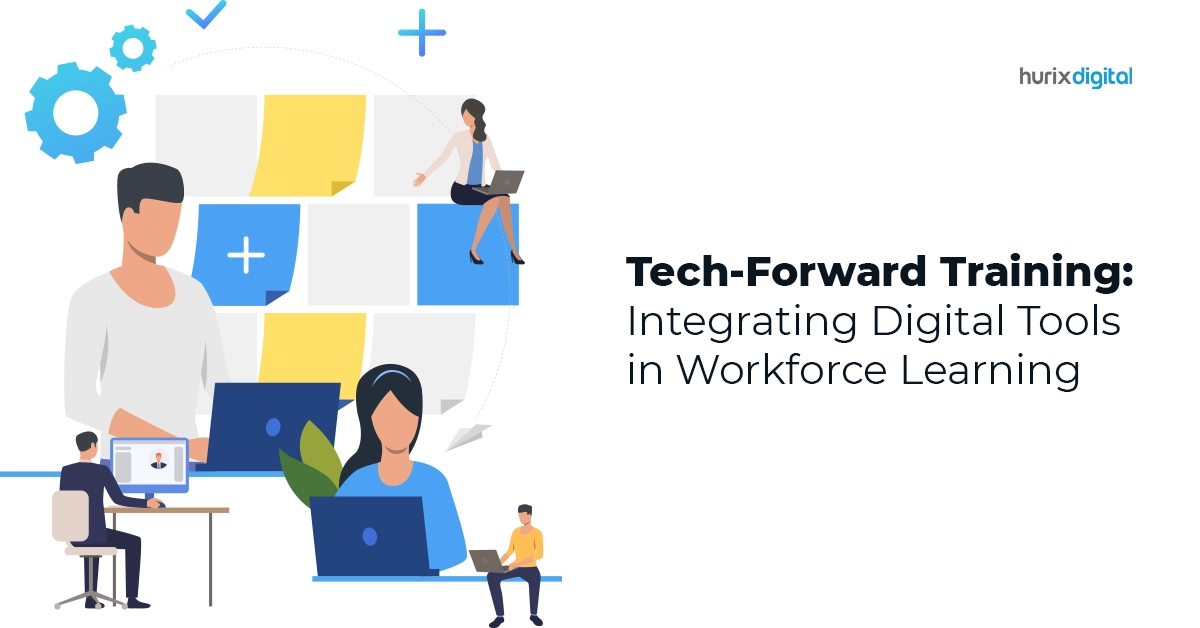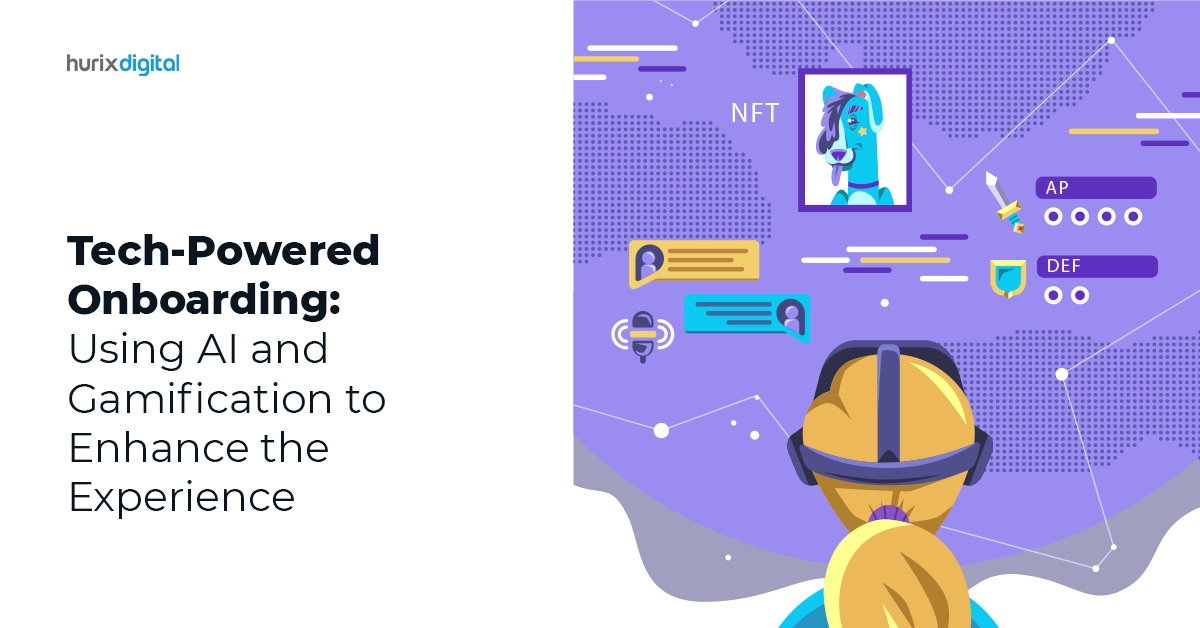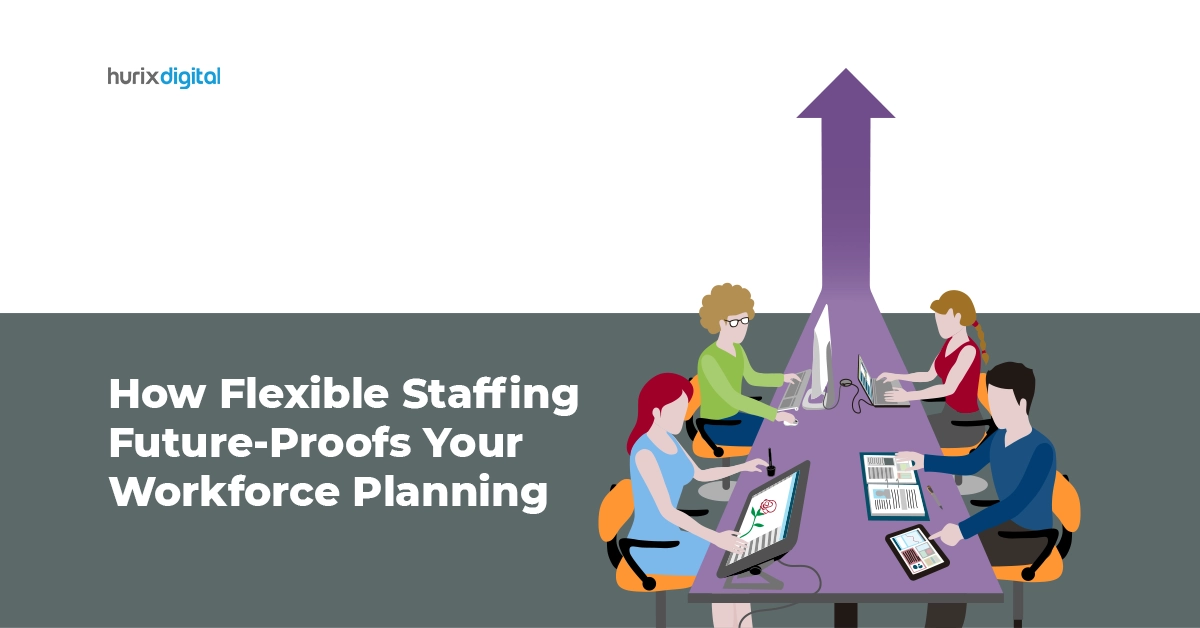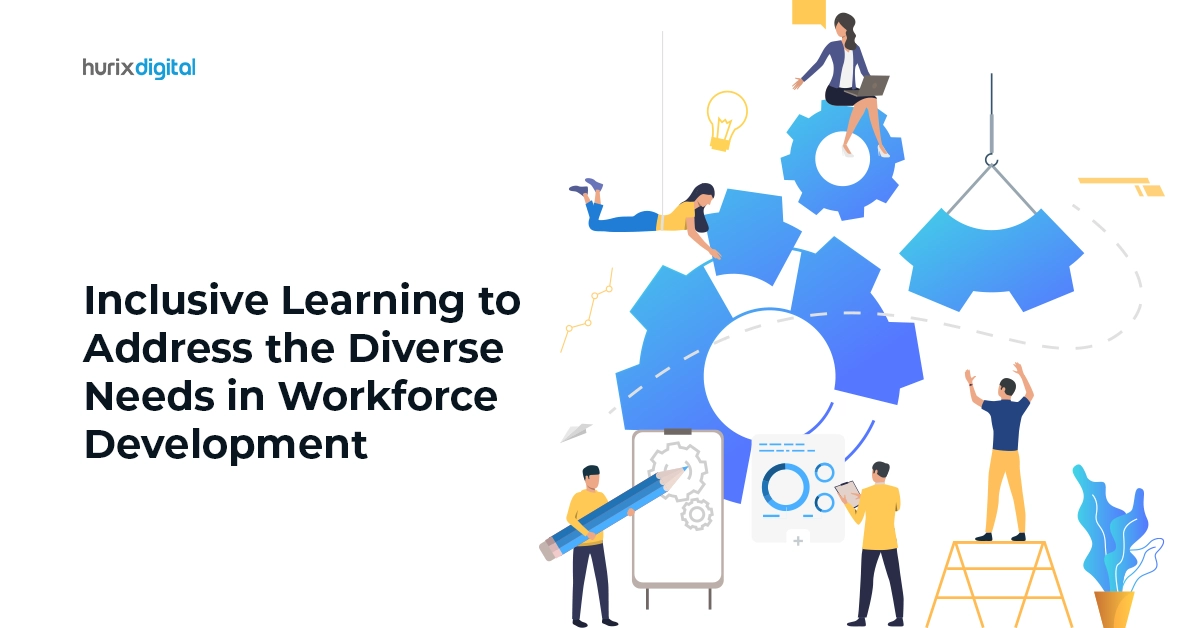In the realm of instructional design, it is crucial to acknowledge and consider the impact of socio-cultural factors on the effectiveness of learning programs. Socio-cultural factors encompass various elements such as cultural norms, social interactions, beliefs, values, and historical contexts that shape individuals’ learning experiences. Failure to address these factors in learning design can lead to suboptimal outcomes, hindering the achievement of program objectives. This article aims to explore the significance of socio-cultural aspects in e-learning design and provide examples of how overlooking them can impact learning programs.
Table of Contents:
- The Socio-Cultural Perspective in Instructional Design
- Examples of Socio-Cultural Aspects in eLearning Design
- Conclusion
The Socio-Cultural Perspective in Instructional Design
The socio-cultural perspective recognizes that learning is a social and cultural process, heavily influenced by the surrounding environment and social interactions. This perspective emphasizes the importance of considering learners’ cultural backgrounds, prior knowledge, and social interactions when designing effective learning experiences. By incorporating socio-cultural factors, instructional designers can create more engaging and meaningful e-learning programs.
Examples of Socio-Cultural Aspects in eLearning Design

Explained below are four key socio-cultural factors that an instructional designer must keep in mind when designing a learning program. A perfectly designed program could be rendered ineffective if these sociocultural factors are not accounted for.
Also Read: 7 Steps to Designing Effective Blended Learning Courses
1. Language and Cultural Relevance
A learning program that embraces the diversity of languages and cultures within the target audience establishes stronger connections and fosters inclusivity, thus avoiding any potential sense of alienation among learners. By incorporating culturally relevant examples, inclusive language, and diverse perspectives, instructional designers can create an environment where learners feel valued and engaged, leading to a deeper understanding and application of the content. For instance, if an e-learning module on business ethics for learners in East Asia primarily uses Western cultural examples and references, learners might struggle to relate to the content.
2. Stereotypes & Biases
Instructional designers must carefully craft the examples and scenarios in a learning program to avoid the perpetuation of stereotypes or biases, which could lead to learner disengagement or even offense. For example, using images, scenarios, or language that unintentionally marginalize or stereotype certain cultural groups can create a negative learning environment. To avoid such pitfalls, instructional designers must undertake cultural research, engage in diverse perspectives, and ensure their content is respectful, and inclusive, and promotes cultural understanding.
3. Technology Accessibility and Equity
Socio-cultural factors extend beyond cultural aspects to include factors such as accessibility and equity. An inclusive e-learning program recognizes the importance of technology accessibility and strives to provide equitable learning opportunities for all. By offering multiple delivery methods, such as offline materials or mobile-compatible resources, instructional designers can accommodate learners with limited access to technology or internet connectivity. This ensures that learners from diverse socio-economic backgrounds can fully participate in the program and achieve the desired learning outcomes. For instance, a program heavily reliant on high-speed internet connections may exclude learners from regions with limited access.
4. Collaborative Learning Opportunities
An effective e-learning program embraces the socio-cultural learning theory by providing ample opportunities for social interactions and collaboration. By integrating discussion forums, group projects, and peer-to-peer feedback, instructional designers can promote a sense of community, facilitate knowledge sharing, and enhance the overall learning experience. Collaborative learning not only increases engagement but also encourages critical thinking and problem-solving skills. An e-learning program that lacks such opportunities may result in isolated and disengaged learners, ultimately impeding the achievement of program objectives.
Also Read: Top eLearning Development Companies for Enterprises & SMBs
Conclusion
Understanding and integrating socio-cultural factors into learning design is essential for developing effective e-learning programs. By acknowledging language and cultural relevance, promoting collaborative learning opportunities, fostering cultural sensitivity and awareness, and addressing technology accessibility, instructional designers in e-learning can enhance learner engagement, promote inclusive learning environments, and facilitate the achievement of program objectives. Embracing the socio-cultural perspective in e-learning design can lead to more meaningful and impactful learning experiences for all learners.
If you need help evaluating your existing workforce learning programs from the socio-cultural perspective or wish to design inclusive learning programs from scratch, Hurix Digital can assist your organization. To know more, get in touch with us today.


